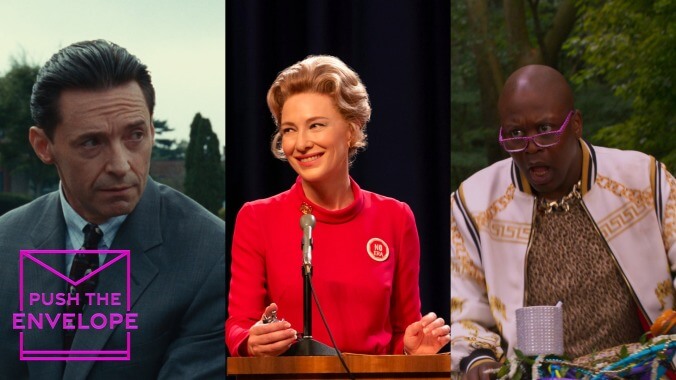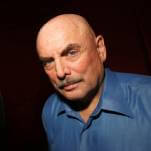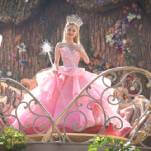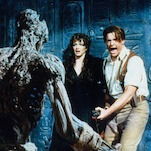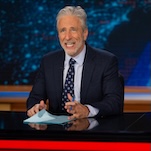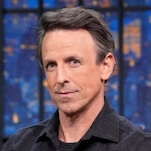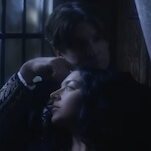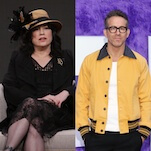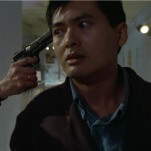In this Wild West subsection, comedies compete against dramas in all categories and TV movie creatives are nominated alongside their limited series counterparts in all but the top prizes. Even the names of the categories are somewhat new, having changed from “in a Miniseries or a Movie” to “in a Limited Series or Movie” in 2015. The semantics aside, how does this affect the nominations? This year, out of the 22 limited series or movie acting categories, only two are from TV movies (Bad Education’s Hugh Jackman and Unbreakable Kimmy Schmidt: Kimmy Vs. The Reverend’s Tituss Burgess); and none of the writing or directing nominations honored any of the TV movie talent.
On this week’s Push The Envelope episode, A.V. Club editor-in-chief Patrick Gomez, managing editor Erik Adams, and TV editor Danette Chavez welcome nominees Uzo Aduba (Mrs. America) and Stephen Williams (Watchmen) and discuss the difficulties TV movie talent face when competing against limited series stars. “What really lingers with you longer, and what makes an impression on you?” asks Adams. “Just anecdotally, if you spend time with a character through the length of a miniseries, I would have to guess that that’s something that sticks out in your brain a little more strongly than a TV movie performance.” Adds Gomez: “You just get more opportunity to spend time with them and get to know them and, obviously, for the actor to show more shades of that character.”
Things get further complicated if you happen to be acting in a comedy, like Burgess, who is the only actor representing a comedy in these categories. The chances that Burgess shines through in the supporting actor category among the three Watchmen nominees and two Hollywood options are low—a fact Burgess himself has vocalized. “He was just so sweet when we spoke last month. He had this ‘It’s an honor to be nominated’ mentality, but he also wasn’t planning on putting a whole group together to watch the ceremony,” says Chavez, who also questions how the interactive-story element of Kimmy Vs. The Reverend plays into the voting. “I wonder how somebody makes their way through something like that versus, you know, watching all of Watchmen.”
This year’s other TV movie acting nominee, Hugh Jackman, likely stands a far better chance at victory on Sunday. “Bad Education is some of my favorite television of the year,” says Chavez. “I think part of it is Hugh Jackman’s performance. Here he has to indicate this inner life as this closeted individual, but also as a real-life perpetrator [who] broke the community’s trust. He’s having to fire on all cylinders.”
“Have you ever seen such versatility in an actor’s forehead?” responds Adams. “The scene between Hugh Jackman and Ray Romano when they’re on the football bleachers—there are lines on Hugh Jackman’s forehead that I did not realize a human being could have, and each one is so expressive and says a different thing about the panic and the confidence that is draining out of that character.” Adds Gomez: “Each one of those lines deserve their own little Emmy.”
To hear the Push The Envelope hosts discuss all the limited series and TV movie categories—as well as interviews with Aduba and Williams—check out this week’s episode of the podcast. And subscribe to, rate, and comment on Push The Envelope wherever you get your podcasts.
